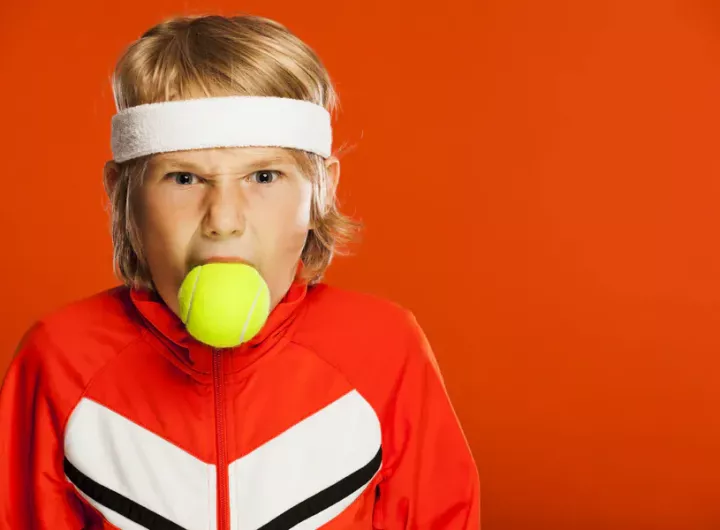
Healthy competition or win at all costs?
HEALTHY COMPETITION – Q&A WITH PROFESSOR MATT SANDERS
Q: Is competition a good thing?
Professor Matt Sanders: I think competition is a good thing, and whether or not parents encourage it, children will be competitive anyway. I mean, if you put kids in a field, and you say run from A to B, and there’s a peer of the same age, they’re going to take off, you know. There’s going to be a kind of natural competitiveness in the child’s participation in that activity, about going faster or being the fastest.
Q: Can there be such a thing as being too competitive?
Prof Sanders: Where it becomes a problem is where parents overvalue the outcome: they put too much pressure on kids and make it about winning rather than participating. They express disappointment and disapproval, and anger towards officials coaches - and worst of all towards the children themselves for, in a sense “letting the parent down”. Then competition turns into this sort of aggressive pursuit of parents’ imposed performance aspirations for their kids. And so in that kind of context, competition can lead to an over-emphasis on winning, and can result in things like spectators getting angry and upset with each other, and brawls on the sidelines and abuse of referees.
Q: What if a child is really upset when they don’t win or they do badly?
Prof Sanders: Parents need to let kids experience reasonable levels of risk, failure and disappointment; emotionally supporting children to get over these hurdles without doing it all for them. Of course you can’t just throw your child into the world and expect them to cope. The younger a child is, the more they’ll need your emotional support.
But when a child is old enough, rather than simply reassuring them when a problem occurs, you can also let them know that you understand their feelings, that you’ll help them work out ways that THEY can deal with difficult or challenging situations. As kids get older, gradually step back and do just enough to help them manage the situation and get over it, and no more than that.
Q: What if kids are anxious or perfectionists and they put too much pressure on themselves?
Prof Sanders: Well, it depends if you're talking about elite sport where kids are performing at the very highest level, or if you’re talking about everyday situations. Children can impose performance expectations on themselves, but the way this is done is sometimes influenced by the pressure around them, that comes from parents and coaches and others. Then children themselves learn to take that performance pressure on, and they beat up on themselves if they don't have a good performance. But at the same time, kids need to learn how to compete, and also how to be good sport, so that it's not always about winning. It’s about participating; it’s about competing; it’s about trying to do your best regardless of whether you win or lose.
I mean, it’s true that no-one likes being in the team that gets beaten every time they play. When I was coaching rugby, junior sport – I did it for years – the emphasis was always on teaching the kids the skills: the catching, the passing, the kicking, the tackling. When they learn those skills properly, they enjoy the game. And the kids will win a lot of time as they become better and better at the skill.
Q: So you mean measuring yourself against yourself? Improving your personal best?
Prof Sanders: Yes, but it’s not about being perfectionistic. Everyone has bad days, you know? The pursuit of perfection, which would be a bettering and bettering of your time or your performance, every time you compete, is just unrealistic. There’ll always be someone who’s faster or better at the activity than you are. Only a tiny fraction of kids are going to be ending up elite or professional sports people. For everyday participation of children in sporting activities, the emphasis should be on enjoyment and participation and skill development, not winning.
Kids whose motivation to participate in sport is all about winning end up not enjoying it. After all, competing and being part of sport is about creating a lifetime of enjoyment of physical activity, and, you know, friends and peers, and being part of a collective activity that has a social side as well.